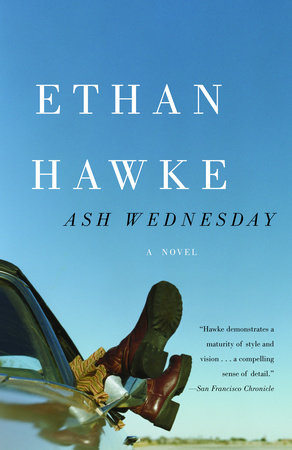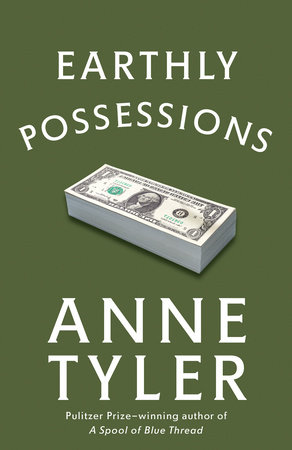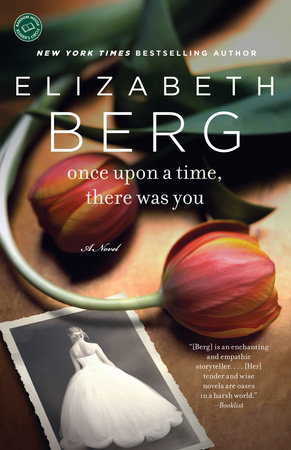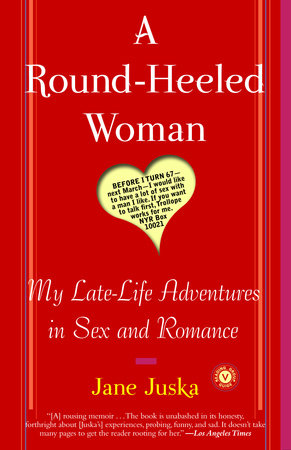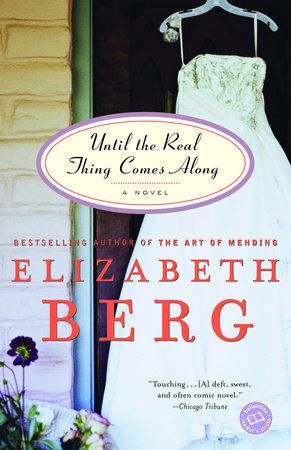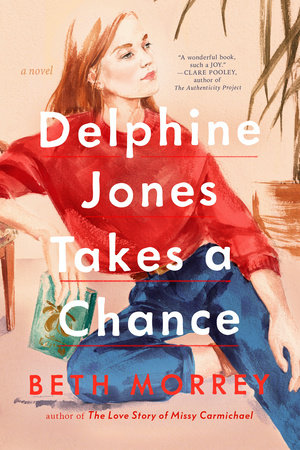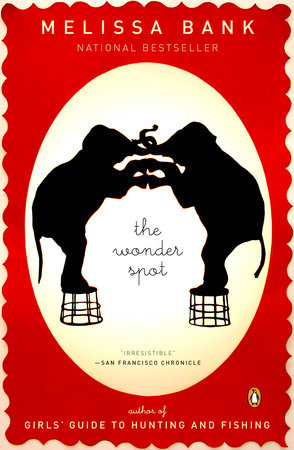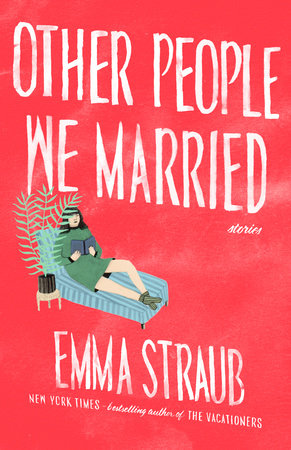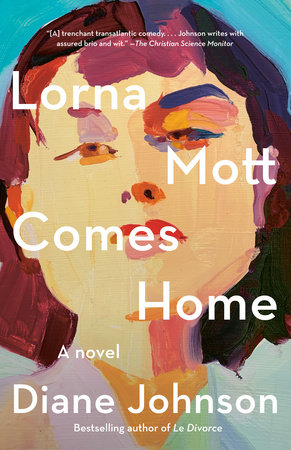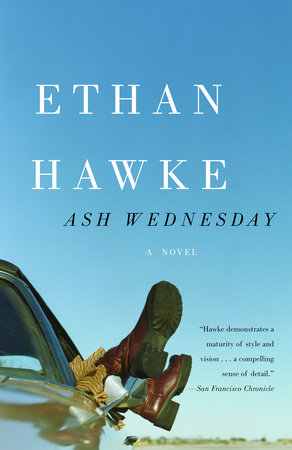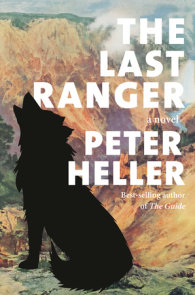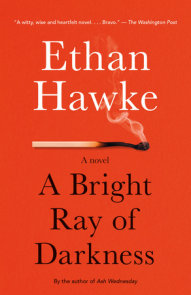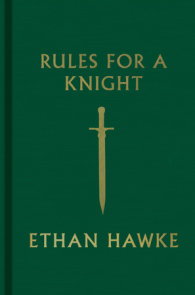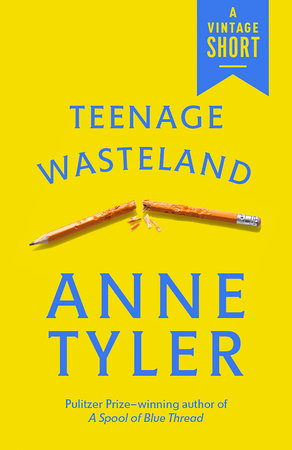Author Q&A
Q: How would you compare writing and acting?
A: Acting for me has always been about sharing great writing — that feeling you have when you read something that moves you and you want to call up a friend and read it to them. That to me is the core impulse of acting: YOU HAVE TO HEAR THIS! I think if anybody looked into it you’d find that almost all serious performers love writing. That doesn’t mean they all love literature; it may be comic books or sci-fi even poetry or song lyrics, but most all actors I’ve come across have a ridiculous enthusiasm for some genre of writing that they wanted to ‘get inside’. And that impulse creates a performer. I don’t know, but that’s what I think. On the other hand it is true that a great many people get into performing as a last-ditch attempt to get laid.
For me writing is similar to acting only in one real tangible regard — writing for me is like controlled improvement. I’ve only ever written well in first person — I hear a voice sometimes it’s only a sentence — come up with a setting and start riffing on the sentence and hope to let my subconscious do the bulk of the work as far as theme and metaphor are concerned.
The worst aspect of writing is the much-discussed loneliness of the process. The best part of acting is the collaboration. The worst part of acting is the number it does on your nerves, and the most attractive aspect of writing is the peace it can bring.
Q: Is there any special method to your writing?
A: I always try to write the first draft by hand or on an electric typewriter — anything without a delete button.
Q: Has anything in particular inspired you to write fiction?
A: The main inspiration behind Ash Wednesday was the changes that occurred inside of me when I decided to become a father and husband. But the first and biggest influence on my becoming a writer was reading. Reading, and a desire to understand my own emotions.
Q: Why did you choose the title Ash Wednesday for this novel?
A: When I was a kid the holiday always intrigued me–watching all these otherwise reasonable adults walking around with ashes on their foreheads — wearing them as a reminder that they too soon would be dust. It all sounded so damn intense. Getting older I started to love this notion that if you carry with you the presence of mind that you are dying it can help you value and live more fully inside each moment of your life. In regards to the book — I had come to see that there was a shedding of skin necessary to fully engage in a marriage and especially in preparing to be a parent — and that skin coming off can feel an awful lot like a death. Both Jimmy and Christy are walking through this doorway, and Ash Wednesday seemed a perfect title that could shelter comfortably all the themes of the book. There is also the T.S. Elliot poem which is pretty damn inscrutible — but somehow lovely. In truth it was all pretty instinctual.
Q: Do you hear a music soundtrack in your head as you write? Or do you actually listen to music? If so, what music inspires the novel?
A: I love to write to music. Exile on Main Street, the Rolling Stones, Guns and Roses, Use Your Illusion and any Wilco record were good for when writing Jimmy. Lucinda Williams, Nina Simone, Roberta Flack were always helpful when writing in Christy’s voice. Beck’s Mutations was helpful for both as was Kris Kristofferson’s Austin Sessions. There is so much more I’m not thinking of right now. Music is more effective than anything else in establishing a mood or a tone. In movies they can cheat and actually play the music — in writing you somehow have to try and capture a rythm and a melody inside the words.
Q: Does the book have any clear literary influences?
A: The only things I can really point to are all the books I’ve read about journeys. When we are off traveling we are stripped of our professional life and for so many their work occupies such a large portion of their identity and thought — and if you separate characters from that you strip them down into their more humanness.
Q: And do you have a list of favourite books?
A: It’s a list which changes daily. The ones that appear most consistently are: The Grapes of Wrath, Catcher in the Rye, Franny and Zooey, Of Human Bondage, Go Tell it on the Mountain, The Last Picture Show, All My Friends Are Going To Be Strangers and On the Road. These are the books that have moved me. They manage to be profound without being overly intellectual. They’re as powerful as anything ever written, and you’d never need to attend a class to understand them.
Q: If you could require everyone to read just one book, what would it be?
A: And There Was Light by Jacques Lusseyran — the amazing autobiography of a blind war hero, a member of the French Resistance who survived a Nazi concentration camp.
Q: If there is a single thing you set out to achieve in your writing, how would you describe it?
A: I think, as self-serving as it may sound, the thing I set out to achieve in my writing (I’m not sure if I ‘set out’ to do anything) is to vocalize some emotional state that scratches at my skin until I can articulate it. To try and clarify: it’s like when you can’t fall asleep at night because there’s something you’ve left unsaid to somebody and it’s driving you crazy this feeling of being misunderstood and you lay there eyes pinned to the ceiling trying to figure out how you can explain to them tomorrow in a way that will them know where you’re really at, where you’re really coming from, that will make this crisis ease into something tolerable.
Q: It’s difficult to read Ash Wednesday without willing Jimmy and Christy to be happy. How important is it to you to create likeable characters?
A: I admit I am pleased if someone finds the characters likeable and that they find themselves invested in the characters’ well being, but that as a primary goal to me always made for pretty tepid storytelling. The trick that I’m always striving for both in acting and in writing is to represent a whole human being and most of us — even at best — can behave pretty badly.
Q: It seems integral to our understanding of Jimmy that he is a soldier. Was this always part of your original conception for the book?
A: For me Jimmy’s military background is more of a metaphor then anything else — boyhood ideas of what it means to be a MAN, that if you are truly going to grow up have to be let go of. It’s a little oversimplified, but that’s the idea. The part of Jimmy and Christy that interested me is their humanity. I gave them each archetypal male/female professions — soldier and nurse — simply because that’s what I was trying to write about: the male/female dynamic.
It would be drippy of me to say that Jimmy’s approach to commitment is characteristically male — but I hope it rings true. When I set out to write these voices I tried to write by focusing on different aspects of my own character. This is something that really struck me some years ago, when I did a Chekhov workshop; we worked on The Seagull, The Cherry Orchard and Three Sisters, and I noticed that if I hadn’t known something about the playwright, I wouldn’t have been able to tell his gender — and he claimed to have written all the characters as himself. I’ve tried to use that as a challenge and run with it — using Jimmy to articulate certain ideas and Christy others.
Q: Is it that kind of challenge that provides the only goals in your writing? What would you say are your broader ambitions as a novelist?
A: I have to say I don’t feel my work is ambitious at all — not in the sense of breadth. I am generally mistrustful of ambition. I seem to be more interested in simple, emotional, commonplace events than any obvious ambition in theme and scope. I’d like to think I am working towards something larger in scale but we shall see.
Q: Do you enjoy talking about your writing?
A: Above all, I hope I don’t seem too pompous. There is something about the whole interview process that makes it very easy for the interviewee to take themselves way too seriously. I love this novel, I feel it is as much a part of me as my arm, I am so grateful and pleased for the opportunity to share it with people — it is the best way I could ever have expressed these ideas and I hope it is relevant and interesting to others. But most of what I want to say with the book is, I hope, said by the book.
